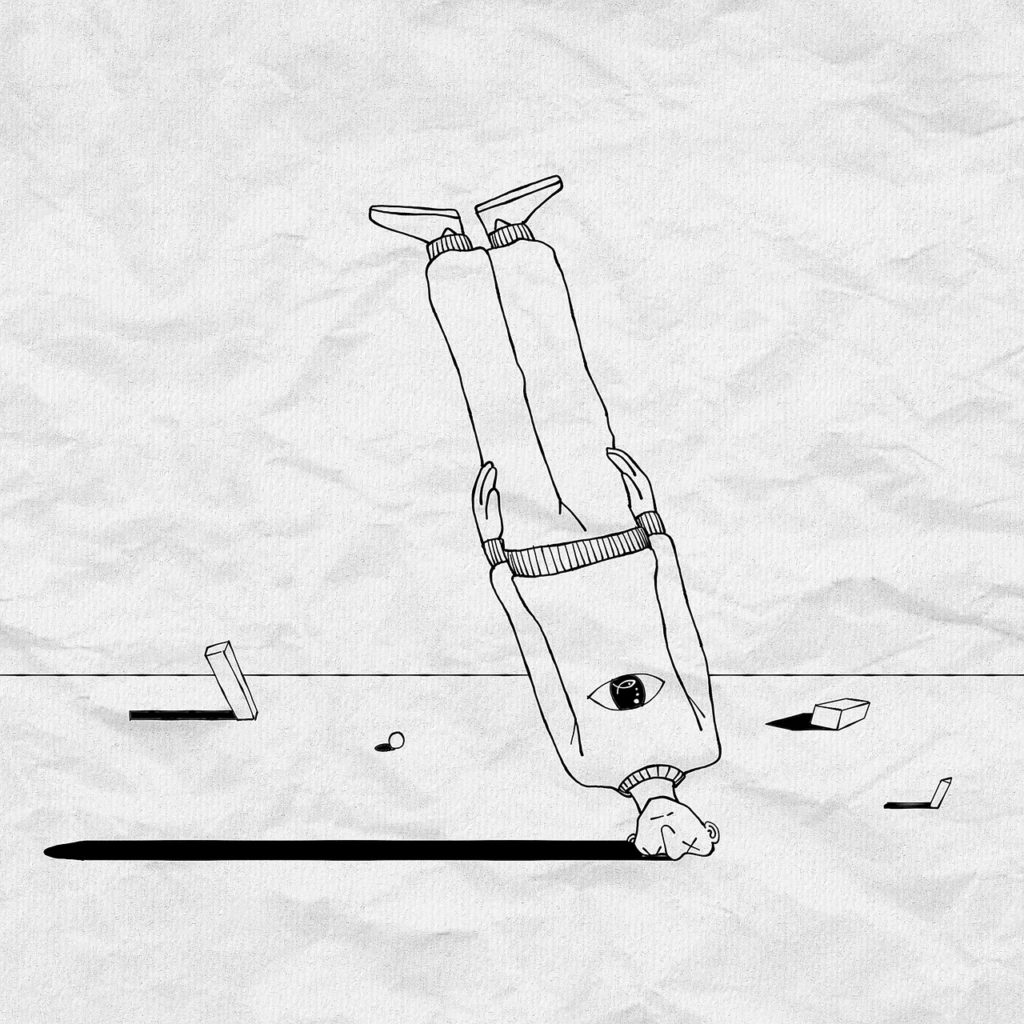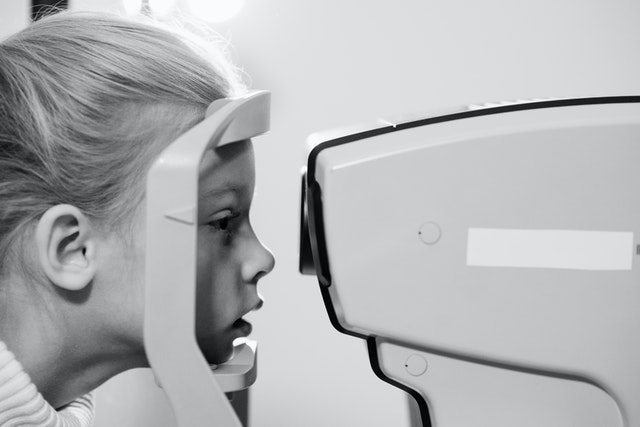As spring arrives, people are going to experience seasonal allergy symptoms. For some, this means itchy, watery eyes and discomfort. There are a few ways to prevent these issues and many ways that you can relieve the symptoms when experienced.
Treating eye allergies typically involves a combination of preventive measures, lifestyle changes, and medications. Here’s a comprehensive guide:
To start with, do your best to avoid allergens. Spend some time to identify your triggers and then do your best to avoid them. Common allergens include pollen, pet dander, dust mites, mold, and certain foods. In addition, keep your environment clean by regularly clean your home to reduce exposure to allergens. Use a vacuum cleaner with a HEPA filter, wash bedding frequently in hot water, and keep windows closed during high pollen seasons. You can use allergy-proof covers for your pillows, mattresses, and box springs in dust mite-proof covers to reduce exposure while sleeping.
When outdoors, wear wraparound sunglasses as they can help to protect your eyes from pollen, dust, and other airborne allergens.
On the treatment side, here are a few tips that may help:
- Avoid rubbing your eyes, which can worsen allergy symptoms by releasing more histamine. Instead, use cool compresses to soothe itching and swelling.
- Artificial Tears: Over-the-counter artificial tears can help alleviate dryness and flush out allergens from your eyes.
- Antihistamine Eye Drops: Over-the-counter antihistamine eye drops can provide quick relief from itching, redness, and swelling. Examples include ketotifen (Zaditor, Alaway) and olopatadine (Patanol, Pataday).
- Mast Cell Stabilizers: These eye drops prevent the release of histamine and other inflammatory chemicals. They are effective for preventing allergy symptoms when used regularly. Examples include sodium cromoglicate (Opticrom) and nedocromil (Alocril).
- Nonsteroidal Anti-Inflammatory Eye Drops: These eye drops reduce inflammation and relieve symptoms like itching and redness. Examples include ketorolac (Acular) and bromfenac (Prolensa).
- Decongestant Eye Drops: These eye drops can help reduce redness and swelling in the eyes caused by allergies. However, they should be used sparingly and for short periods due to the risk of rebound redness. Examples include phenylephrine (Visine) and naphazoline (Clear Eyes).
- Oral Antihistamines: Oral antihistamines like cetirizine (Zyrtec, Reactine), loratadine (Claritin), and fexofenadine (Allegra) can help alleviate systemic allergy symptoms, including those affecting the eyes.
- Prescription Medications: In severe cases, your doctor may prescribe stronger medications such as corticosteroid eye drops or immunomodulators like cyclosporine (Restasis) to manage inflammation and symptoms.You can make an appointment with us online at https://sightcareoptometry.com/.
- Immunotherapy: Allergy shots or sublingual immunotherapy (allergy tablets) may be recommended for individuals with severe or persistent allergies to desensitize the immune system to specific allergens.
- Consultation with an Allergist or Optometrist: If your eye allergies are severe or persistent despite over-the-counter treatments, consider consulting with an allergist or optometrist for evaluation and personalized treatment recommendations.
As in all cases, consult with a healthcare professional before starting any new treatment regimen, especially if you have underlying health conditions or are taking other medications. Your eyes are critically important and treating them carefully is important.
If you would like to discuss your specific allergy issues, be sure to visit an Optometrist to get all your questions answered. You can make an appointment with us online at https://sightcareoptometry.com/.
Note: This posting is for informational purposes only and does not attempt to diagnose or recommend treatment for any condition. Please refer to the Ontario Association Optometrists website (https://optom.on.ca/eye-health-library) for more information or consult an Optometrist if you are experiencing eyesight issues.






